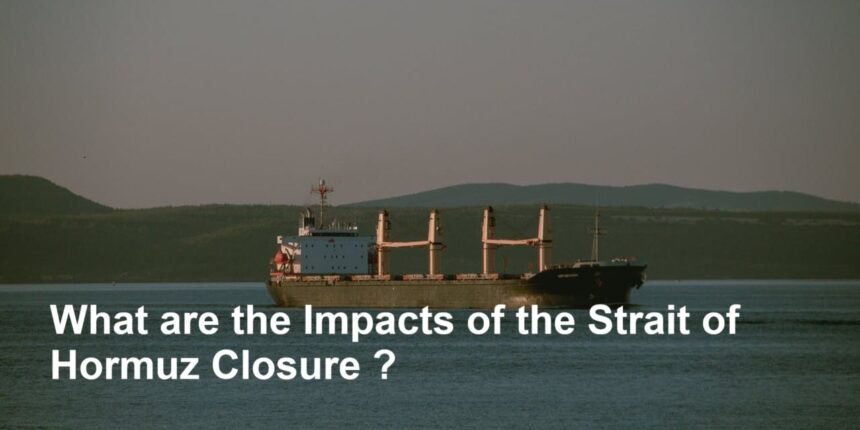The Strait of Hormuz is a narrow waterway connecting the Persian Gulf to the Gulf of Oman and the Arabian Sea—often described as the world’s most critical chokepoint for oil transit. Every day, millions of barrels of oil pass through this narrow corridor. But what would happen if the Strait of Hormuz were suddenly closed? Here’s my deep dive into the cascading effects such an event could have on global markets, geopolitics, energy security, and daily life.
The Vital Artery of Global Oil
Picture this: nearly a fifth of the world’s crude oil supply and a significant portion of liquefied natural gas (LNG) pass through the Strait of Hormuz. Countries such as Saudi Arabia, Iraq, the United Arab Emirates, Kuwait, and Iran rely heavily on this route to export their energy products. Shutting down the strait—even briefly—would immediately choke a lifeline for these nations and, by extension, the global economy.
Shockwaves Through Global Energy Markets
The most immediate and predictable consequence of a closure would be a dramatic spike in global oil prices. I imagine oil traders glued to their screens, gasping as prices surge within hours of any disruption or military clash in the area. The mere threat of closure so often sends ripples through energy markets. A full-blown disruption? Expect the price of a barrel of oil to skyrocket, pushing up costs for gasoline, transportation, and everyday goods across the globe.
Natural gas markets would also take a hit. LNG exports from Qatar, for example, are vital for countries in Asia and Europe. If these shipments get stranded, countries dependent on imports face increased energy bills or even shortages. For many, substituting this supply isn’t a simple matter.
Economic Fallout Far and Wide
Higher energy costs have a domino effect on the world’s economies. Inflation would likely rear its head in countries heavily dependent on oil imports, knocking consumer spending and potentially slowing economic growth. My mind goes to vulnerable nations—those already struggling with high inflation—who could see their situations worsened overnight.
Businesses ranging from airlines to logistics companies would see operating costs soar. Factories might scale back production due to more expensive energy, leading to job losses and lower output in major industries.
Security and Geopolitical Tensions
A closure would not just be an economic event—it would be a magnet for geopolitical drama. The strait sits at the crossroads of regional rivalries, particularly between Iran and Gulf Arab states, with global powers like the United States and China never far from the equation.
Tensions over the strait could draw in foreign naval forces, increasing the risk of conflict and even accidental clashes. My instinct tells me that insurance premiums for ships would spike, and companies might reroute or halt shipments altogether, further straining supply.
Rerouting and Alternative Strategies
Are there alternatives? Some pipelines bypass the strait, but they can only replace a fraction of the lost supply. Seaways through Saudi Arabia or the UAE, while helpful, would not fully compensate for lost flows. In the short run, the world would struggle to adjust: strategic petroleum reserves might be tapped, and some nations would hustle to secure alternative supplies, likely paying a premium.
Everyday Life and Social Impact
It’s easy to imagine the effects filtering down to everyday life: soaring gas prices, higher electricity bills, and rising costs of transported goods. For people in many countries, commuting—or heating their homes—might suddenly feel much more expensive. Historical patterns show that energy shocks have sparked unrest and protests in several countries, so the social fallout could be far-reaching.
Looking Ahead: The Need for Resilience
I’m left thinking about the broader lesson: how dependent the world still is on single, vulnerable chokepoints. The closure of the Strait of Hormuz would be a wake-up call—perhaps pushing governments and industries to diversify energy routes, invest in renewables, and bolster strategic reserves.
While the closure is not inevitable, its possibility keeps policymakers and industry leaders up at night. At the end of the day, the world’s interconnectedness means that a crisis in one narrow stretch of water can send shockwaves everywhere—and everyone, from president to pedestrian, would eventually feel the impact.












